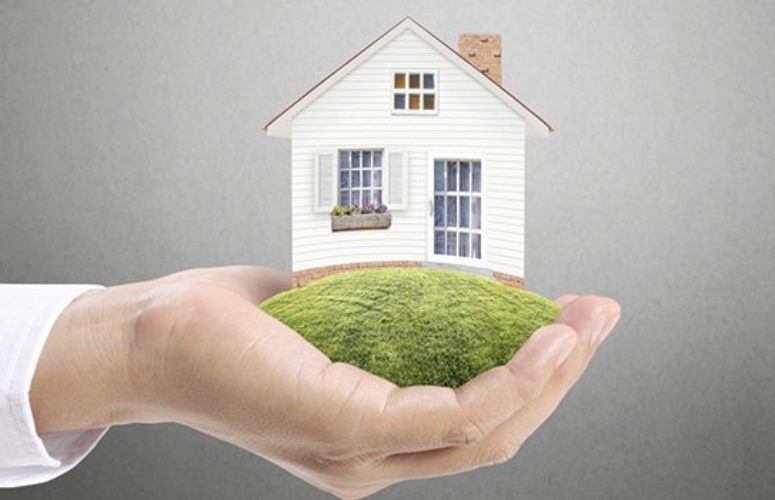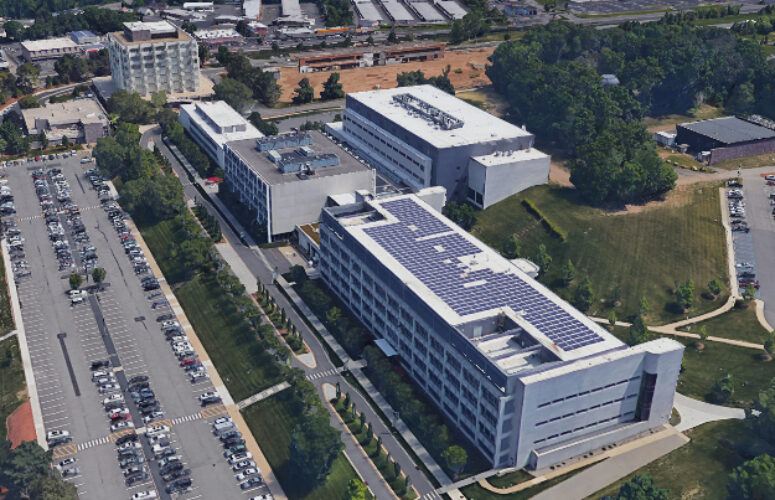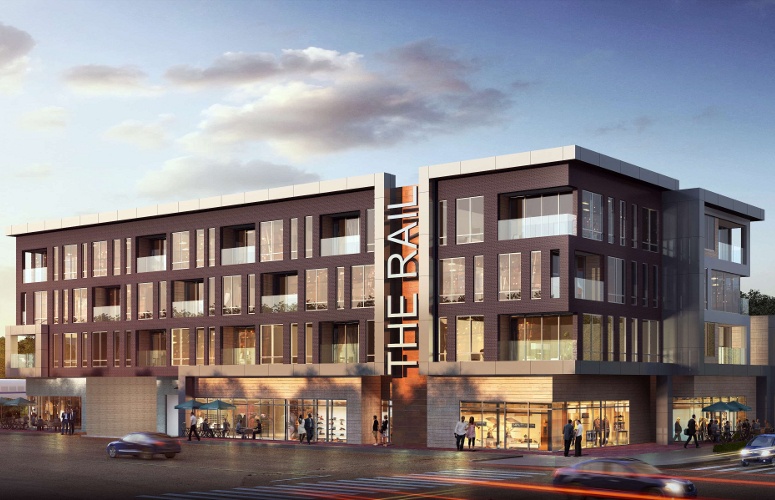
Grow Your Asset Box With Real Estate
Your Wealth
By Dr. Stanley Riggs , Author On Jun 29, 2015The first requirement of building wealth is knowing the difference between assets and liabilities.
Assets put money into your wallet. They will feed you even if you are not working. Examples of assets include income-generating real estate, dividend-paying stocks and interest-paying bonds. As an asset class, investment real estate has the advantage of providing rental income, appreciation and other tax advantages.
Liabilities take money out of your wallet. The most common liabilities are credit cards with outstanding balances, consumer loans, home equity lines of credit and home mortgages.
What characterizes poor households is that almost all of their earned income flows into the “Expense Box.” They struggle just to maintain a roof over their heads. They have just a little money to put into their “Liability Box” and no money for the “Asset Box.”
Rich and middle class households share similar cash flow patterns and they have proportionately higher living expenses than the poor households. Rich people usually have expensive lifestyles with a lot of “stuff” in their “Liability Box.” Although they are high earners, they often live paycheck to paycheck. Most of their cash flows from the “Earned Income Box” down to the “Liability Box.”
Much like the poor households, neither the middle class nor the rich have money flowing into the “Asset Box” to generate passive income.
Meanwhile, wealthy households have an “Asset Box” with a flow of earned income going into it. Not only do they have more money flowing out of the “Earned Income Box,” but they now have additional, passive income being generated in the “Asset Box.”
Although they have more “stuff” in their “Liability Box,” the wealthy use their passive income rather than their earned income to support these liabilities.
What separates the wealthy from the poor, middle class and rich is this automatic feedback loop between the “Asset Box” and the “Passive Income Box.” At some level, this feedback loop becomes self-sustaining, the “Earned Income Box” becomes unnecessary, and the household becomes truly financially independent.
If you are contemplating buying something that will just add more “stuff” to your “Liability Box,” consider putting hard earned money to work instead by using it as a down payment to invest in, for example: Compact rental houses; well-located duplexes; small office/warehouse industrial rental units; or workforce or retiree mobile home parks.
Tenant’s rent should be covering the utilities, property taxes and insurance, along with paying down the mortgage, leaving you with money left over to put towards your next income producing asset.
About the Author: Dr. Stanley Riggs is the author of “Build Wealth & Spend It All, Live the Life You Earned.” He successfully built a career in the residential, commercial, industrial and resort asset classes.
Related Articles:






